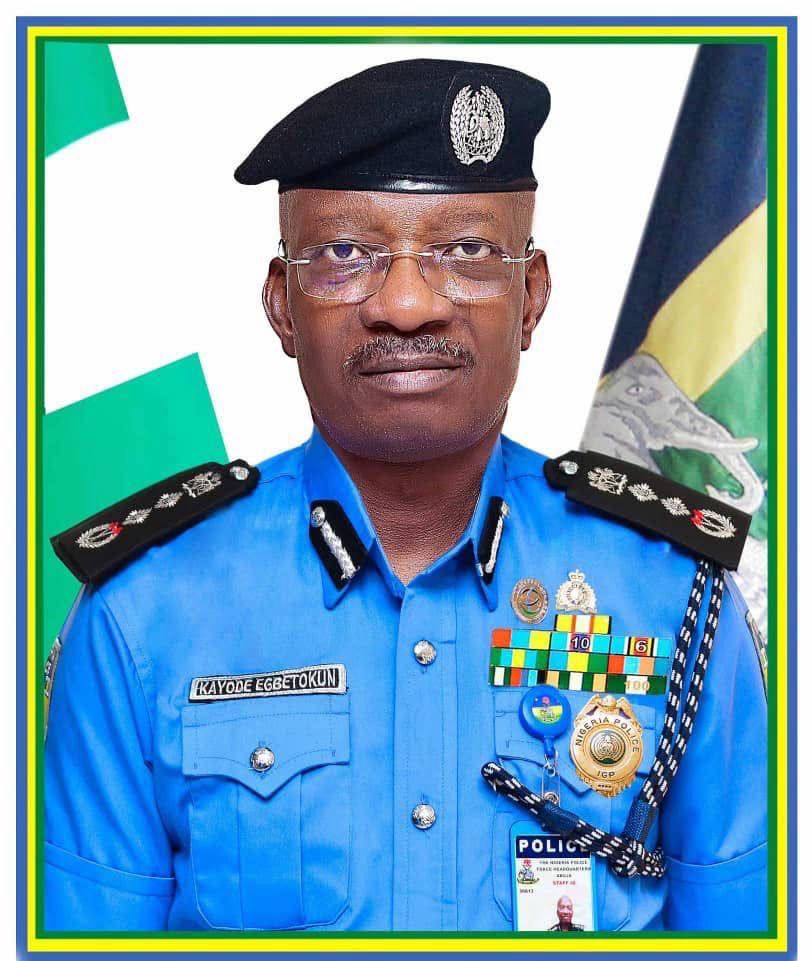
By Mamer Abraham, Juba, South Sudan
The Speaker of Transitional National Legislative Assembly, Jemma Nunu Kumba, today presented four bills to President Salva Kiir Mayardit to be signed into law.
These bills include National Security Amendment Act 2024, the Road Finance Agreement with Ethiopia Bill, ratification of treaty on trade with China and the Agreement on the Nile Basin Cooperative Framework.
According to a press statement from the presidency, the head of state will first make consultations with the judiciary before signing the bills into laws.
It partly read: “While the parliament has already passed the bills, the president is expected to meet with the minister of justice and his legal team, to further study the bills before signing them into laws.”
Meanwhile, in a letter dated 3rd March 2023, the Minister for Cabinet Affairs, Dr Martin Elia Lomuro confirmed to the minister for justice, Reuben Madol Arol the decision made by the principals to the revitalized agreement on the resolution of the conflict in South Sudan.
“You will recall that the council of ministers referred the divergent views on section 54 (arrest without warrant) and section 55 (Arrest with warrant) to the principals to resolve. I now write to confirm that the principals have agreed that the two sections, 54 and 55, be deleted from the National Security Act 2014,” Dr. Lumoro said.
According to this agreement, the transitional constitution currently operational should be in force until the transitional period elapses.
The transitional period after 24 months extension in 2022 will end on 22nd February 2025, while elections are expected to be conducted in December, with the permanent constitution as a major item to be completed before elections are conducted.
Article 54 of NSS act 2014, amendment bill 2024 gives the National Security power to arrest or detain people suspected to be of national security threat.
It adds that the suspect must be brought before a court of law within 24 hours with the accusations labelled upon him to give him the chance to defend himself.
Several incidents of random arrests by national security had been recorded earlier while this act was operational, including cases where suspects spent more than three months without charges and not taken to court.
The civil society has been urging the president not to sign the bill into a law over suspicion that people may be unlawfully arrested, or detained.
Last Week, the embassies of Canada, European Union, Netherlands, Norway, Sweden, United Kingdom and United States of America expressed concern over the bill, saying it would be an obstacle to political and civic space.
categories
recent posts


NIGERIA: Headies Awards Returns To Lagos With Star Performers For 17th Edition

NIGERIA: Gunmen Attack Senator Natasha Akpoti-Uduaghan’s Family Home In Kogi

NIGERIA: WAEC Introduces Unique Exam Papers For 2025 WASSCE

